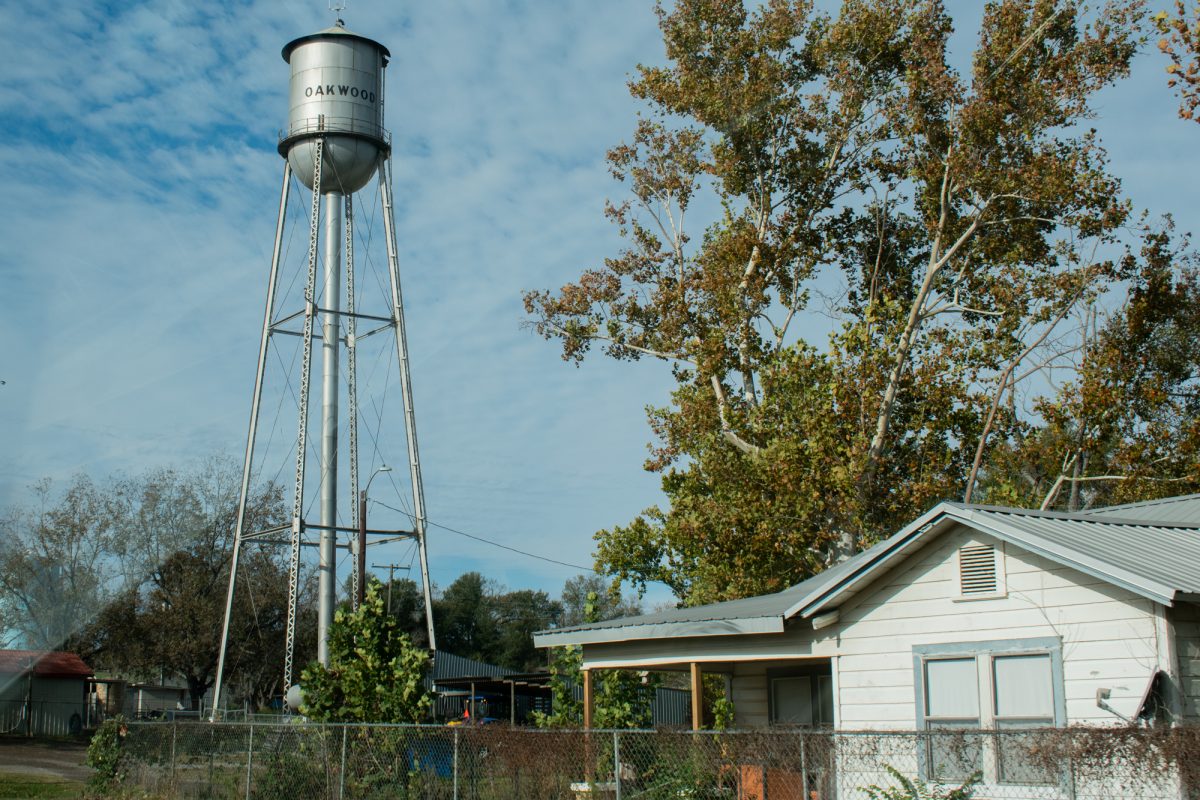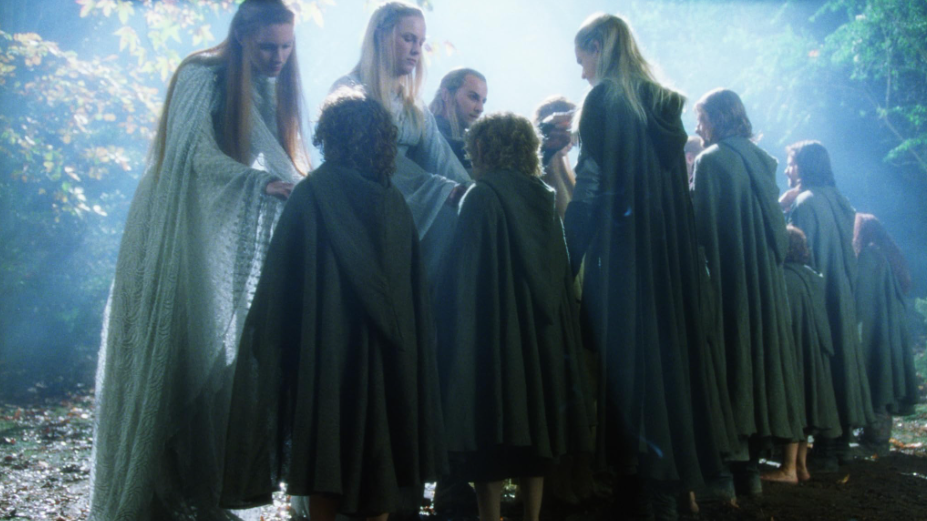In the latest addition to the Marvel Universe, the new Netflix original series “Jessica Jones,” offers fans of the superhero world the opportunity to explore questions of ethics and how much power should be given to those with powers.
Marvel appears to be using Netflix as a platform to market darker, grittier plotlines, as was also seen in “Daredevil” (April 2015). These series, so far, seem to be capitalizing on the gray ethics of having superpowers and what role these beings should play in the realm of fighting crime.
“Jessica Jones” continues to explore the questions raised in “Daredevil” and adds new facets to the conversation. This makes for great entertainment for those willing to invest some time into an ever-growing — albeit fictional — debate.
The series is set up in the same format as “Daredevil,” with 13 episodes that are about an hour long. Although the series started off a little slow, by the time it ended, I was ready to go back and start it all over again.
Jessica Jones, played by Krysten Ritter, is an alcoholic, tough-talking private investigator with super strength who is hired to look into the disappearance of a local college student named Hope. But when Hope’s disappearance turns out to be much more than a simple kidnapping, things pick up.
Kilgrave, who is played by David Tennant, is the main “bad guy” in the show and Marvel’s darkest villain to date. He’s creepy, smart, sociopathic and powerful — harnessing the ability to control minds. David Tennant does a wonderful job portraying the character, hitting the nuances of a true sociopath with no moral compass. Fans of “Daredevil” will remember Wilson Fisk as a cunning and interesting villain, but he seems like a simple nuisance when put next to Kilgrave.
Jessica has to be one of my favorite Marvel characters thanks to her quick wit and total badassness. Jessica and Kilgrave had dealings before the show’s beginning when, due to his mind control abilities, she was his slave for eight months. When she discovers he’s made a death-defying return and is after some form of revenge, she very easily could have left the city but chooses to stay. She fights despite the PTSD she suffers thanks to Kilgrave, and the obvious risk of dealing with a man who can control minds.
The supporting cast in this show is great, also. Mike Colter plays Luke Cage, a man with unbreakable skin and a back story of his own, who plays a significant role in Jessica’s adventures. Additionally, Luke will be getting his own solo Marvel show on Netflix in 2016 as part of the growing network of heroes in Hell’s Kitchen.
What’s so exciting about these shows — and the Marvel franchise in general — is how everything connects. The timeline sets this story, like that of “Daredevil,” after the Avengers have battled Loki in the first “Avengers” movie. The city is weary of heroes or “gifted people” (a plot line explored in episode four), and hasn’t quite forgiven the damage created by the Avengers in the attack on New York City.
References are made to several aspects of the franchise, but the largest crossover comes in the form of Claire Temple, the nurse and friend of Matt Murdock, also known as Daredevil. With “Daredevil” set to release its second season in 2016, it will be interesting to see how Claire’s role has, or has not, changed.
While Marvel’s big-screen triumphs are undisputed and certainly worth the credit they receive, for me it’s the Netflix adaptations that really let fans of the franchise get a lot more out to the characters. “Jessica Jones,” while certainly darker and more of a psychological thriller than an action movie, is a fantastic addition to the series and promises only good things in the future of the Marvel-Netflix team.
Sam King is a communication sophomore and news
editor for The Battalion.
A darker, grittier Marvel
November 29, 2015
Photo by Via CREATIVE COMMONS
This latest addition to the Marvel Universe was released Nov. 20 on Netflix. Krysten Ritter plays lead role Jessica Jones in the new series.
0
Donate to The Battalion
Your donation will support the student journalists of Texas A&M University - College Station. Your contribution will allow us to purchase equipment and cover our annual website hosting costs.
More to Discover









